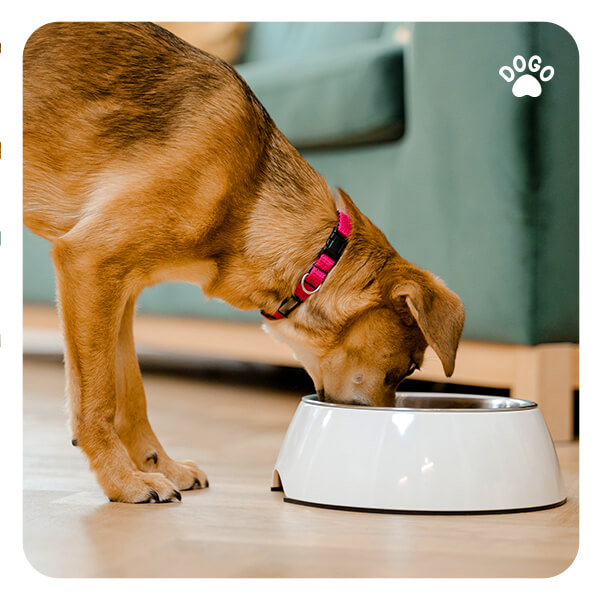 When it comes to our furry friends, we all want to ensure they are getting the best nutrition possible. As a dog owner, you may have wondered whether yogurt is a safe and healthy treat for your canine companion. Yogurt can be a great addition to your dog’s diet, offering a range of potential benefits. However, not all yogurts are created equal when it comes to dogs. Let’s explore what to look for when choosing yogurt for your dog, the potential benefits, and how to safely incorporate it into their diet.
When it comes to our furry friends, we all want to ensure they are getting the best nutrition possible. As a dog owner, you may have wondered whether yogurt is a safe and healthy treat for your canine companion. Yogurt can be a great addition to your dog’s diet, offering a range of potential benefits. However, not all yogurts are created equal when it comes to dogs. Let’s explore what to look for when choosing yogurt for your dog, the potential benefits, and how to safely incorporate it into their diet.
Firstly, it’s important to consider the type of yogurt that is safe for dogs. Plain, unsweetened yogurt is generally the best option for our four-legged friends. It contains probiotics, which are healthy bacteria that can support your dog’s digestive system. Probiotics can aid in maintaining a healthy balance of gut flora, potentially reducing issues such as diarrhea and aiding digestion. Additionally, yogurt is a good source of protein and calcium, which can be beneficial for your dog’s overall health.
When selecting yogurt for your dog, always opt for plain yogurt without any added sugars, artificial sweeteners, or flavorings. These additives can be harmful to dogs and may cause digestive upset. It’s best to avoid yogurt containing xylitol, a common sweetener that is toxic to dogs. Greek yogurt can also be a good choice due to its higher protein content, but be mindful of the fat and lactose content, especially if your dog is sensitive to dairy products.
As with any new food, it’s important to introduce yogurt to your dog’s diet gradually. Start with small amounts and observe how your dog reacts. Some dogs may be lactose intolerant or have sensitivities to dairy, so it’s essential to monitor for any signs of gastrointestinal distress, such as vomiting or diarrhea. If your dog shows any adverse reactions, it’s best to discontinue feeding them yogurt and consult with your veterinarian.
When incorporating yogurt into your dog’s diet, consider using it as an occasional treat or topping for their regular meals. You can mix a spoonful of plain yogurt into their food or offer it as a standalone snack. Remember that yogurt should not replace your dog’s regular meals but can be used as a supplement to provide additional nutrients and probiotics.
As with any aspect of your dog’s diet, it’s crucial to seek guidance from your veterinarian before making significant changes. They can provide personalized recommendations based on your dog’s specific health needs and dietary requirements. While yogurt can offer potential benefits for dogs, it’s not a one-size-fits-all solution, and individual considerations should be taken into account.
In conclusion, plain, unsweetened yogurt can be a healthy and tasty addition to your dog’s diet, offering potential benefits such as probiotics, protein, and calcium. When selecting yogurt for your dog, prioritize plain varieties without added sugars or artificial sweeteners. Always introduce yogurt gradually and monitor your dog for any adverse reactions. Remember to consult with your veterinarian to ensure that yogurt is a safe and suitable choice for your dog based on their individual health needs. With careful consideration and moderation, yogurt can be a wholesome and enjoyable treat for your beloved canine companion.[/fusion_text]

